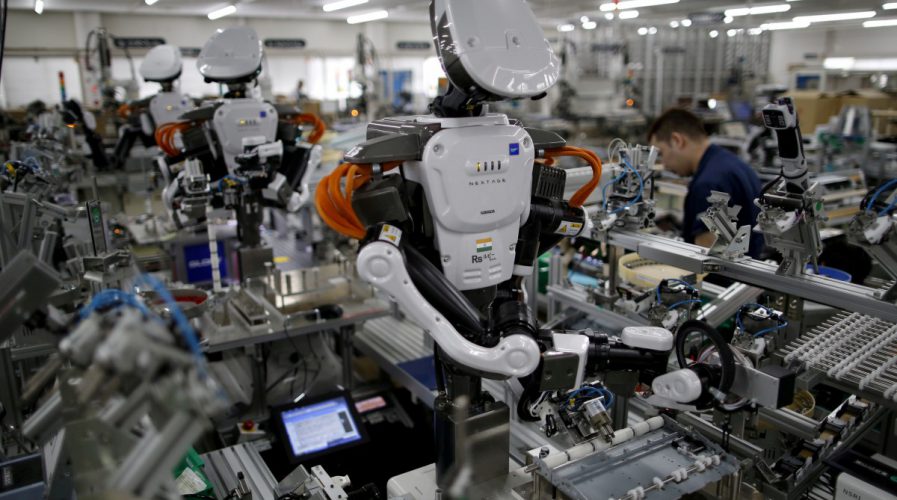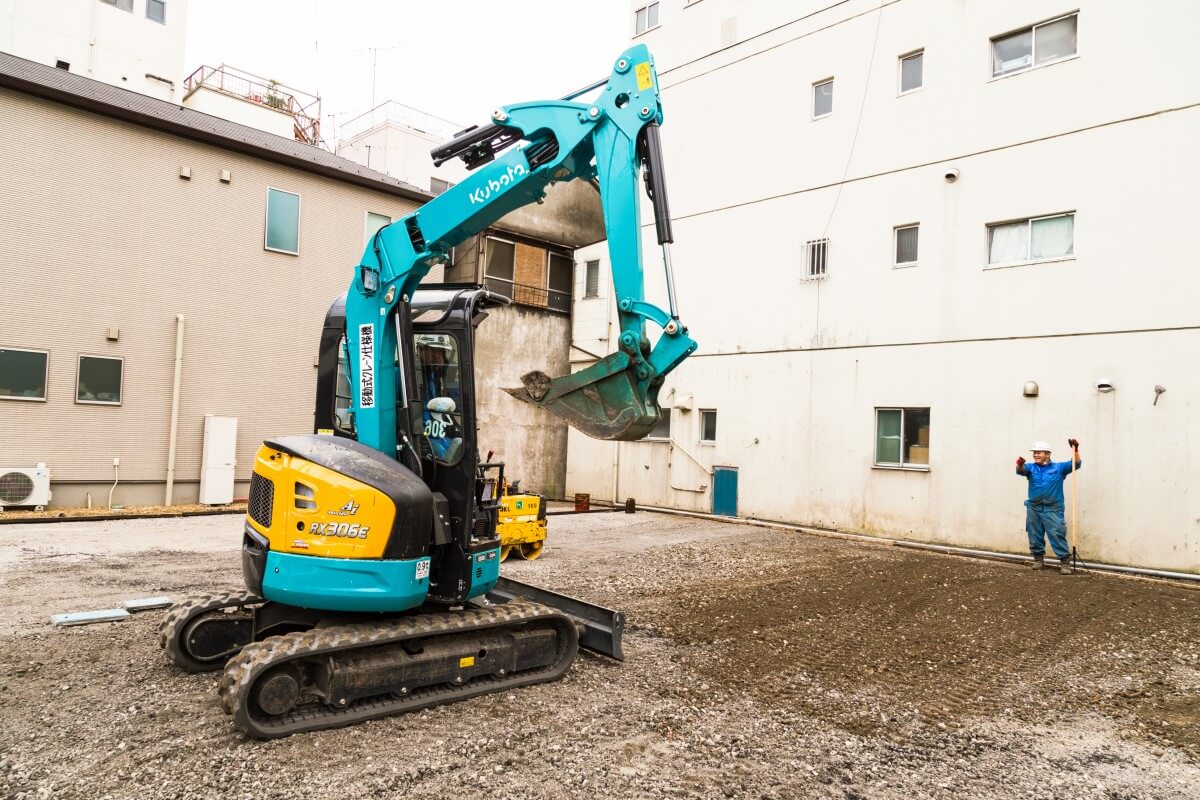
Japan recorded their first downgrade of the economy for the first time in eight months due to a fall in machine orders. Source: Reuters
Fall in Japanese machinery orders cause first economic downgrade of the year
IN MAY, Japan’s core machinery orders fell suddenly due to persistent weaknesses in the services sector, causing the government to downgrade the outlook for orders for the first time in eight months, reports Reuters.
Core orders are regarded as an indicator of capital spending in the following six to nine months.
Japan machinery orders drop sharply in April – MarketWatch https://t.co/BiigHcVvfT
— Machinery share (@Machineryshare) June 24, 2017
Orders dropped 3.6 percent in May from the previous month, Cabinet Office data showed on Monday. The fall is the steepest month-on-month decline since August 2016.
In particular, core orders from the services sector fell 5.1 percent, due to declines in orders from transportation firms for computer systems and railway cars, and from telecommunications and construction industries.
SEE ALSO: Robots are getting cheaper, good news for SMEs and labor-short Japan
However, orders from manufacturers rose 1.0 percent in May from the previous month, up for a fourth straight month, due to gains in orders for turbines and boilers.
“Machinery orders probably won’t be very strong (in the coming months),” a Cabinet Office official told Reuters.
“We can’t say they will significantly worsen, but we don’t hear companies saying they will start recovering in July-September,” the official said.
These latest statistics come after a Bank of Japan survey found that companies with share capital of 100 million yen (US$8,810.63) to 1 billion yen (US$8.8 million) plan to boost investment this fiscal year by 17.5 percent to overcome the country’s growing labor shortages, by buying robots and other equipment to automate a wide range of tasks.

An excavator working in asmall construction site, in Tokyo, Japan. Source: Shutterstock
“The share of capital expenditure devoted to becoming more efficient is increasing because of the shortage of workers,” Seiichiro Inoue, a director in the industrial policy bureau of the Ministry of Economy, Trade and Industry, or METI, told Reuters.
Before the fall in machinery orders, Japan’s economy expanded an annualized 1.0 percent in the first quarter of the year due to robust exports and household spending and business confidence hit a three-year high in the three months to June.
SEE ALSO: Confidence of Asia firms at 3 year-high on brighter global outlook – poll
Policy makers are hoping capital spending can revitalize Japan’s economy and pull it out of years of deflation and stagnation.
Speaking after the latest machinery orders results, Bank of Japan Governor Haruhiko Kuroda committed to maintaining the central bank’s stimulus program until inflation is stably above its 2 percent target.
READ MORE
- The criticality of endpoint management in cybersecurity and operations
- Ethical AI: The renewed importance of safeguarding data and customer privacy in Generative AI applications
- How Japan balances AI-driven opportunities with cybersecurity needs
- Deploying SASE: Benchmarking your approach
- Insurance everywhere all at once: the digital transformation of the APAC insurance industry
